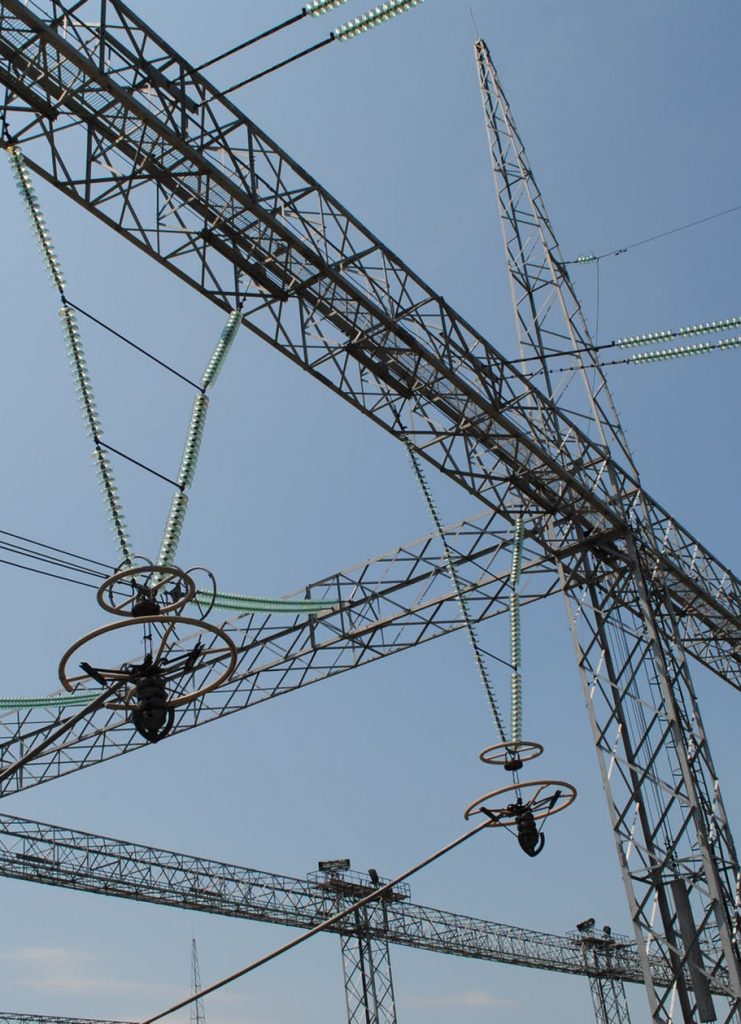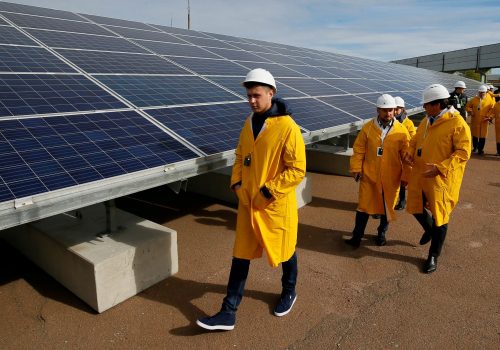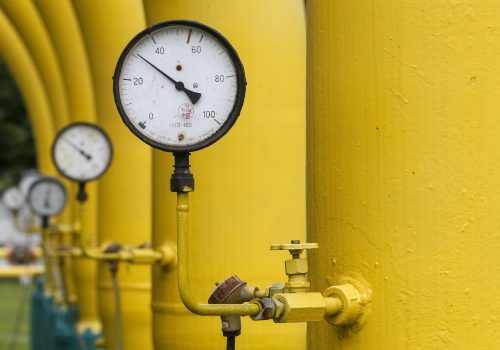Want to access Sergiy Makogon’s presentation offline?
In recent months, Russian state-owned gas company Gazprom has used the Biden administration’s acquiescence to Nord Stream 2 to squeeze European energy markets. By deliberately decreasing gas transit to Europe, Gazprom has driven energy prices up and forced EU countries to draw down their gas reserves. With the winter heating season soon approaching, the Kremlin may be trying to spark an energy crisis in Europe.
Gazprom has also reduced gas flows through Ukraine, extracting higher prices from Europe and leaving Ukraine without key gas transit fees. While Nord Stream 2 can still be stopped, Kyiv is already feeling a financial crunch from the pipeline.
What would a gas crisis mean for European and Ukrainian security? How can policymakers loosen Gazprom’s grip on EU energy markets?
Sergiy Makogon, CEO of the Gas Transmission System Operator of Ukraine delivers opening remarks. Margarita Assenova, senior fellow at the Jamestown Foundation, Debra Cagan, distinguished energy fellow at the Transatlantic Leadership Network, and Alan Riley, nonresident senior fellow at the Atlantic Council’s Global Energy Center, join Agnia Grigas, nonresident senior fellow at the Atlantic Council’s Eurasia Center, for a discussion on Gazprom’s threatening gas transit policies.
spotlight

Ukraine and European energy security
Reliable transit of natural gas through Ukraine is essential for European energy security. Ukraine’s recent agreement with Russia on the transit of gas, ensures continued energy supplies to Europe for the duration. However, achieving long-term energy security in Europe will rely on success in Ukraine.
RELATED experts


The Eurasia Center’s mission is to enhance transatlantic cooperation in promoting policies that strengthen stability, democratic values, and prosperity in Eurasia, from Eastern Europe in the West to the Caucasus, Russia, and Central Asia in the East.






